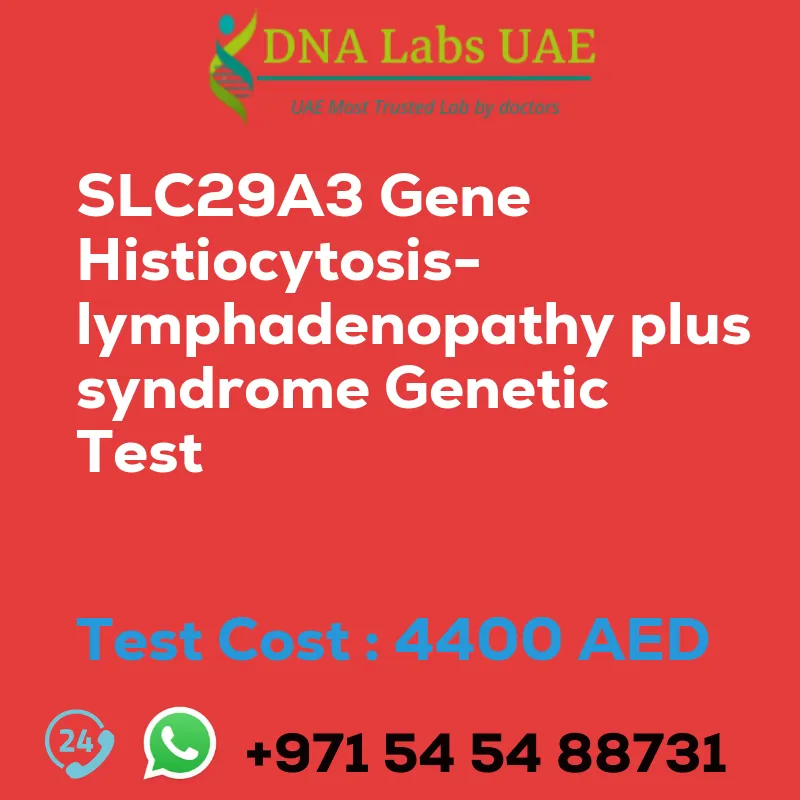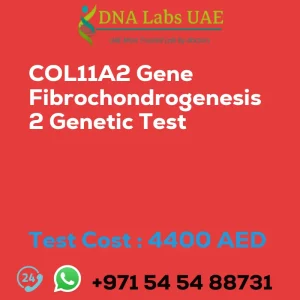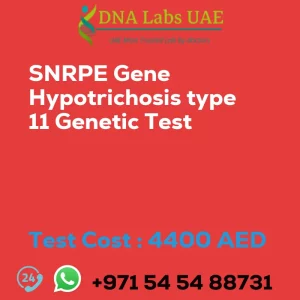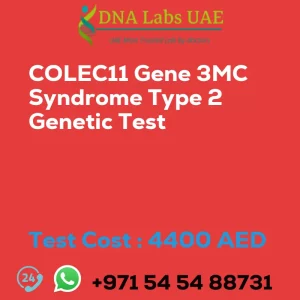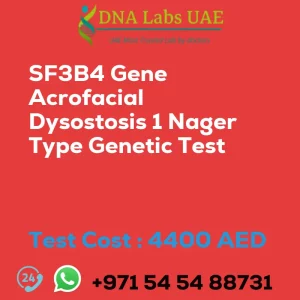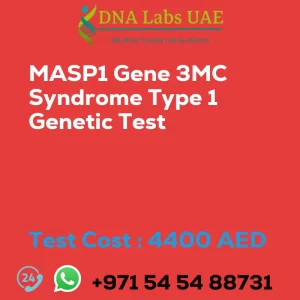SLC29A3 Gene Histiocytosis-lymphadenopathy plus syndrome Genetic Test
Test Name: SLC29A3 Gene Histiocytosis-lymphadenopathy plus syndrome Genetic Test
Components: Blood or Extracted DNA or One drop Blood on FTA Card
Price: 4400.0 AED
Report Delivery: 3 to 4 Weeks
Method: NGS Technology
Test Type: Osteology Dermatology Immunology Disorders
Doctor: Dermatologist
Test Department: Genetics
Pre Test Information: Clinical History of Patient who is going for SLC29A3 Gene Histiocytosis-lymphadenopathy plus syndrome NGS Genetic DNA Test. A Genetic Counselling session to draw a pedigree chart of family members affected with SLC29A3 Gene Histiocytosis-lymphadenopathy plus syndrome NGS Genetic DNA Test gene SLC29A3
Test Details
SLC29A3 gene histiocytosis-lymphadenopathy plus syndrome is a rare genetic disorder characterized by lymphadenopathy (enlarged lymph nodes) and histiocytosis (abnormal accumulation of immune cells called histiocytes). This condition is caused by mutations in the SLC29A3 gene, which provides instructions for producing a protein involved in the transport of certain molecules across cell membranes.
NGS (Next-Generation Sequencing) genetic testing is a type of genetic test that uses advanced sequencing technologies to analyze multiple genes simultaneously. In the case of SLC29A3 gene histiocytosis-lymphadenopathy plus syndrome, NGS genetic testing can be used to identify mutations in the SLC29A3 gene. This test can help confirm a diagnosis, provide information about the specific genetic variant causing the condition, and assist in genetic counseling for affected individuals and their families.
NGS genetic testing involves obtaining a DNA sample, typically through a blood or saliva sample, and sequencing the DNA to identify any genetic variations or mutations. The results of the test can help healthcare professionals better understand the underlying cause of the condition and guide treatment decisions.
It is important to note that genetic testing for SLC29A3 gene histiocytosis-lymphadenopathy plus syndrome may not be readily available in all healthcare settings. A geneticist or genetic counselor can provide more information on the availability and appropriateness of this test for an individual’s specific situation.
| Test Name | SLC29A3 Gene Histiocytosis-lymphadenopathy plus syndrome Genetic Test |
|---|---|
| Components | |
| Price | 4400.0 AED |
| Sample Condition | Blood or Extracted DNA or One drop Blood on FTA Card |
| Report Delivery | 3 to 4 Weeks |
| Method | NGS Technology |
| Test type | Osteology Dermatology Immunology Disorders |
| Doctor | Dermatologist |
| Test Department: | Genetics |
| Pre Test Information | Clinical History of Patient who is going for SLC29A3 Gene Histiocytosis-lymphadenopathy plus syndrome NGS Genetic DNA Test. A Genetic Counselling session to draw a pedigree chart of family members affected with SLC29A3 Gene Histiocytosis-lymphadenopathy plus syndrome NGS Genetic DNA Test gene SLC29A3 |
| Test Details |
SLC29A3 gene histiocytosis-lymphadenopathy plus syndrome is a rare genetic disorder characterized by lymphadenopathy (enlarged lymph nodes) and histiocytosis (abnormal accumulation of immune cells called histiocytes). This condition is caused by mutations in the SLC29A3 gene, which provides instructions for producing a protein involved in the transport of certain molecules across cell membranes. NGS (Next-Generation Sequencing) genetic testing is a type of genetic test that uses advanced sequencing technologies to analyze multiple genes simultaneously. In the case of SLC29A3 gene histiocytosis-lymphadenopathy plus syndrome, NGS genetic testing can be used to identify mutations in the SLC29A3 gene. This test can help confirm a diagnosis, provide information about the specific genetic variant causing the condition, and assist in genetic counseling for affected individuals and their families. NGS genetic testing involves obtaining a DNA sample, typically through a blood or saliva sample, and sequencing the DNA to identify any genetic variations or mutations. The results of the test can help healthcare professionals better understand the underlying cause of the condition and guide treatment decisions. It is important to note that genetic testing for SLC29A3 gene histiocytosis-lymphadenopathy plus syndrome may not be readily available in all healthcare settings. A geneticist or genetic counselor can provide more information on the availability and appropriateness of this test for an individual’s specific situation. |

